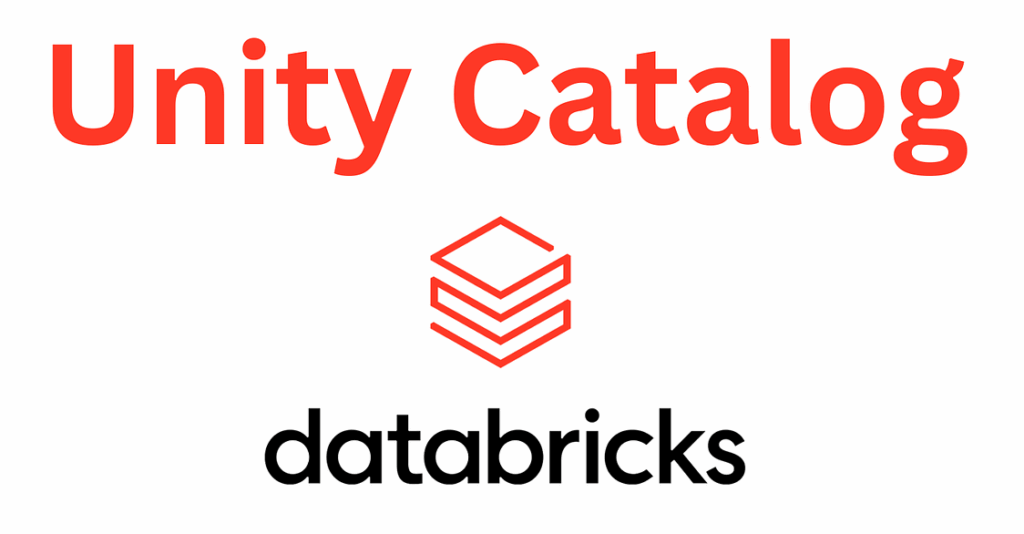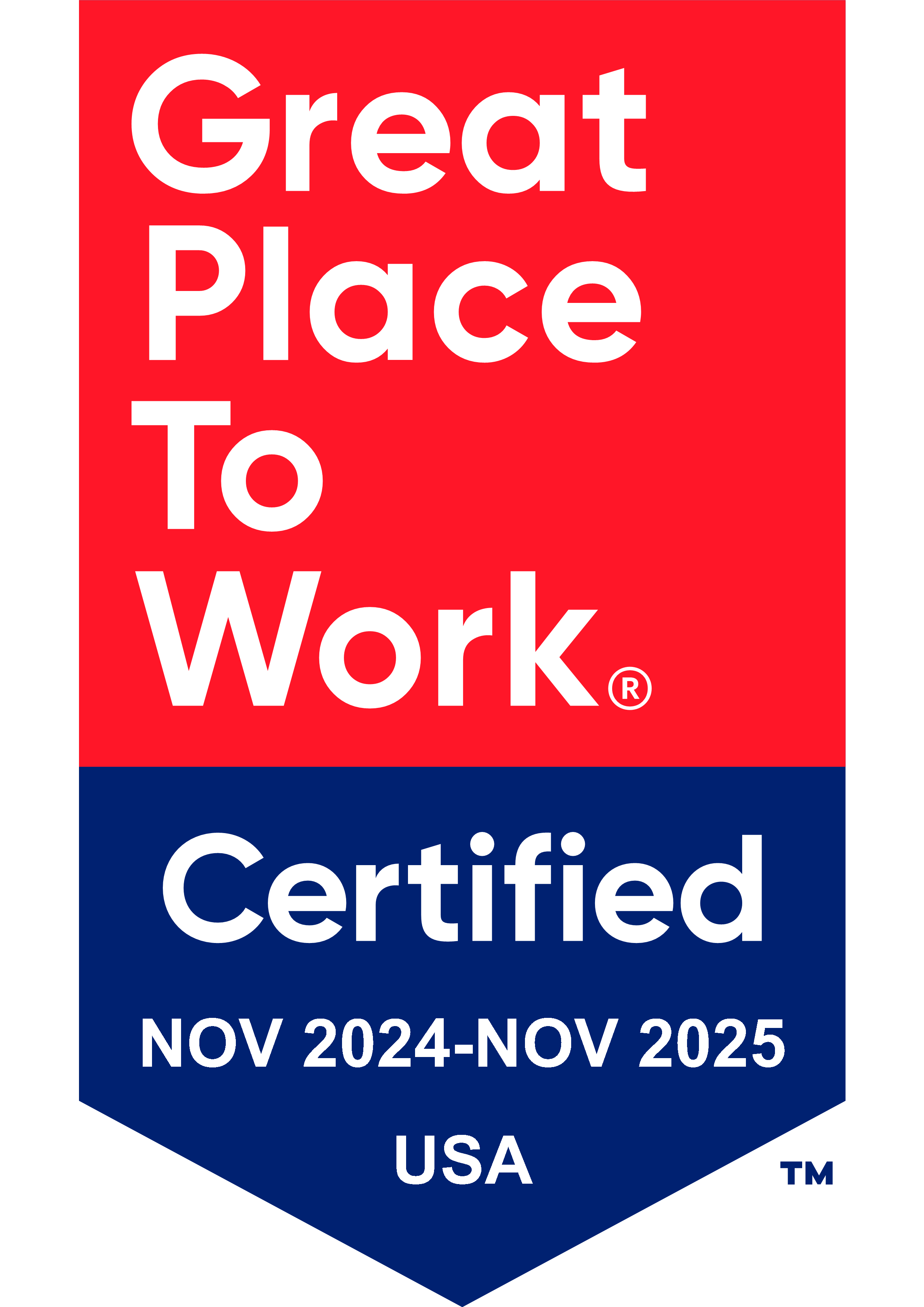 In today’s data-driven world, enterprises demand more than traditional IT-centric data governance. Modern workforces – including analysts, product managers, data scientists, and decision-makers – require quick, secure, and seamless access to trusted data. Databricks has stepped up to meet this challenge, transforming Unity Catalog into a powerful, intelligent data governance solution that serves both technical and business users in a unified way.
In today’s data-driven world, enterprises demand more than traditional IT-centric data governance. Modern workforces – including analysts, product managers, data scientists, and decision-makers – require quick, secure, and seamless access to trusted data. Databricks has stepped up to meet this challenge, transforming Unity Catalog into a powerful, intelligent data governance solution that serves both technical and business users in a unified way.
With its latest innovations announced at Data + AI Summit 2025, Databricks is not just catching up with established governance tools like Collibra and Alation – it is setting a new standard for integrated, scalable, and automated governance that works natively within the Data Lakehouse.
From Technical Metadata to Business Context: The Databricks Advantage
Traditional governance platforms like Collibra and Alation offer excellent metadata management and stewardship workflows, but they typically operate outside the core data platform. This forces organizations to maintain complex integrations to keep governance in sync with where data actually resides.
Unity Catalog Changes This Model

By embedding governance directly within the Databricks Lakehouse Platform, Unity Catalog offers a consistent, always-up-to-date governance layer. This method supports all data and AI workloads—business intelligence, data engineering, analytics, and machine learning—without the need for external connectors.
Key Data Governance Use Cases in Unity Catalog
- Automated PII Discovery and Classification
Databricks now enables automatic scanning and classification of Personally Identifiable Information (PII), intelligently detecting sensitive data like names, email addresses, and social security numbers. This is achieved through a combination of metadata analysis and sample data inspection, optimized to scan only newly ingested data for efficiency. This feature auto-tags 12 types of PII and generates dashboards for auditing classified data. As a result, organizations can seamlessly power data discovery, manage access control, and audit workflows with confidence and clarity. - Attribute-Based Access Control (ABAC) for Fine-Grained Protection
With ABAC, currently in Beta, Databricks introduces dynamic, context-aware access control to the Lakehouse. This capability allows administrators to apply column-level masking and row-level filtering based on tags and user attributes, enabling broader yet safer data access. Attributes provide contextual information about data assets, users, or environments – such as tags like “sensitive,” “ML_ready,” or “prod.” Policies govern access rules based on these attributes, and the policies cascade from catalogs or schemas down to child assets through inheritance. This ensures scalable, simplified governance management across the enterprise. - Tagging for Business Context and Data Discovery
Tag Policies empower organizations to apply business-friendly labels—such as sales, staging, and ML_ready—to data assets. These tags not only improve data discovery and enable ABAC policies, but also drive cost observability by tagging environments like development, production, or staging. Administrators can now control who is authorized to create, apply, and manage these tags, promoting consistency across the entire organization. - Request for Access (RFA): Handling Ad-Hoc Data Needs
Not all data access needs can be pre-planned. For ad-hoc access requests, Unity Catalog addresses this challenge by introducing a self-service approval workflow. Users can easily search for the data assets they need and request access with a simple click. Approvers are then able to review and grant permissions quickly. Thus ensuring that data is accessible to users without causing administrative bottlenecks and delays in analysis. - Governance Hub: A Single Pane of Glass for Data Stewards
One of the most exciting advancements within Unity Catalog is the Governance Hub – a centralized dashboard that enables data stewards to manage governance activities across the entire platform from a unified interface.
The Goverance Hub
Through the Governance Hub, stewards can view metadata, lineage, access policies, and data usage all in one place. This comprehensive view streamlines governance processes and enhances compliance across the organization through:
- Monitoring sensitive data classifications as they are ingested.
- Identifying high-value assets versus stale data.
- Bulk managing metadata and policies.
- Automating enforcement of governance rules across thousands of assets.

The Governance Hub’s unified interface dramatically simplifies the governance workload, accelerating the path to trusted, well-managed data.
Conclusion: Govern Once, Use Everywhere
Databricks Unity Catalog is reshaping how enterprises approach data governance. This is accomplished by embedding intelligent automation and integrated capabilities directly into the Lakehouse Platform. Automated data classification identifies sensitive data as soon as it lands, while ABAC applies scalable, context-driven security policies. The Request for Access (RFA) feature handles edge cases without slowing teams down. Additionally, the Governance Hub centralizes stewardship, providing real-time visibility and control.
By adopting a “govern once and use everywhere” approach, organizations can deliver a seamless and trusted data experience. While governance challenges persist, advancements in automation and integrated platforms continue to streamline compliance and strengthen data trust.
At Analytica, we expertly apply these concepts to drive innovative solutions for our clients. If you are a government leader looking to strengthen your data governance framework, we would love to connect. Reach out today to explore how Databricks and Analytica can help you modernize, secure, and simplify your enterprise governance efforts.
 Pawanpreet Sangari | 7/6/2025
Pawanpreet Sangari | 7/6/2025
